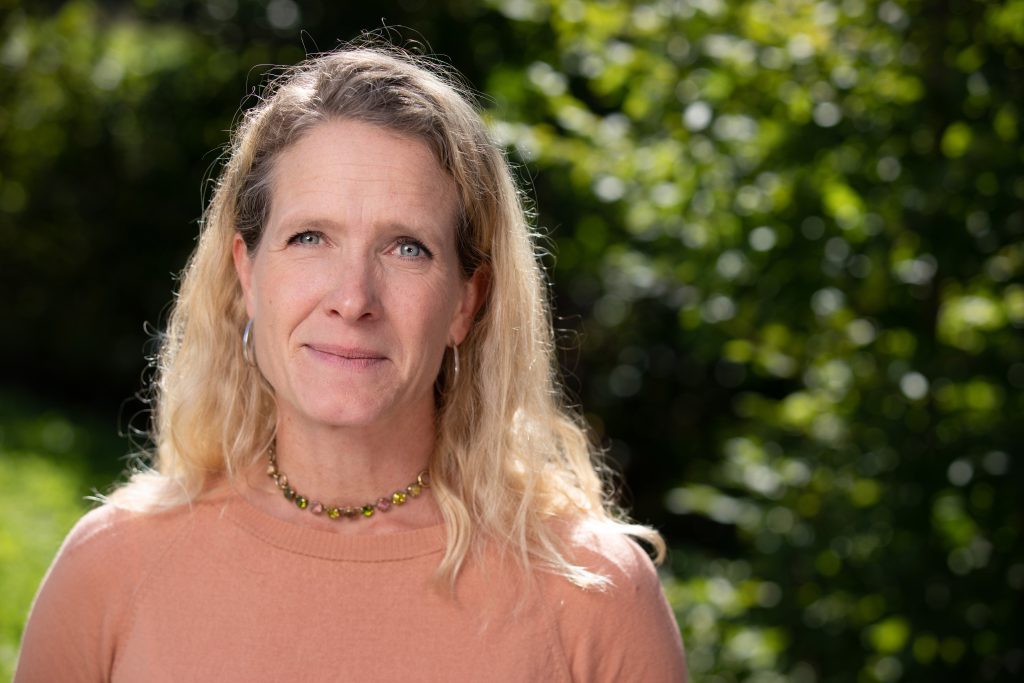By Lena Staafgard, COO of Better Cotton
This article was first published by the World Economic Forum on 27 February 2024
Every industry has its own set of hard truths to face up to. The combustion engine for auto manufacturers, for example, or health implications of ultra-processed products for some food manufacturers.
The agricultural commodity sector is no different, with challenges ranging from links to deforestation and high greenhouse gas emissions to economic insecurity facing millions of smallholder farmers.
Most of these issues play out hundreds or even thousands of miles away from the well-stocked shelves or enticing websites of retail brands. Yet, as direct beneficiaries of these global value chains, they cannot pass the buck. Nor will legislators or buyers let them. Fast-food chains, for example, are increasingly on the hook for where their beef comes from. Tech firms are quizzed about the source of their minerals. The fashion industry is similarly exposed.
As Paul Polman, former chief executive of Unilever, pointed out in the influential US magazine Women’s Wear Daily, producing the fabrics for the clothes on our backs is responsible for a “staggering” range of environmental impacts. Fashion brands are moving to address these, but too slowly, he concludes. His recommendation: “We need to get the industry to tipping points, and fast.”
Cotton: Fashion’s opportunity for change
The good news is that, with the right approach, the fashion industry can be a driver for positive change.
Traceability presents one potential tipping point, giving brands and consumers sight of where the raw material in their products came from.
Bad practices remain ongoing in no small part because they occur out of sight. By identifying where raw materials come from and then tracking their journey from their origin, traceability brings a welcome dose of visibility to the supply chain.
The effects are multiple. Most obviously, consumers end up better informed and thus more able to align their spending with their values. Traceability can help shrink the world back to feeling more local. Likewise, greater visibility gives policymakers a clearer sense of where interventions are most necessary and companies can more easily identify their supply-side risks and take proactive steps to mitigate them.
Other important, but often overlooked, beneficiaries of traceability are small suppliers. At present, the opacity surrounding product origins means that poorly managed firms escape scrutiny, and it also sees responsible producers fail to gain market recognition for their pursuit of good practices. Traceability offers them the rewards they deserve.
Turning traceability into reality is not easy. This is especially true for mass-produced commodities where the products being traded quickly become intermingled. As is the case with cotton, which may pass through 10 or more companies across different countries before hitting the high street, commodities often undergo dramatic transformations from origin to end product that make keeping track of their individual journeys difficult. Difficult — but not impossible.
Legislators increasingly view traceability, even in these complex supply chains, as feasible. And they are ramping up the pressure on companies to demonstrate supply chain visibility.
The EU’s provisionally approved Corporate Sustainability Due Diligence Directive provides a case in point. Due to be formally approved early next year, the directive will require companies to disclose steps they have taken to identify and address substantive impacts occurring in their supply chains.
Better cotton for a sustainable fashion industry
The global cotton trade was valued at $61.7 billion in 2021, which means that the opportunity for more sustainable and fair cotton is huge.
Better Cotton is taking on the traceability challenge head-on. Working with stakeholders across the cotton value chain over the last three years, Better Cotton has created an inclusive and scalable ability to track cotton from the country it was grown in all the way to the finished product.
By monitoring who handles more sustainably and equitably produced cotton, tracking its movement digitally and ensuring checks are in place, member retailers and brands can source cotton-containing products with confidence. Not only can they understand which country the products come from, but they also have insights into its route to market through the value chain.
As technologies improve, it is possible to establish an even more granular visibility of where cotton is grown, moving towards a future where the farmers growing cotton are no longer disconnected from the end product.
This all aligns with Better Cotton’s mission to help cotton communities survive and thrive, while protecting and restoring the environment. How? By assisting farmers to deliver impact. With traceability, we will be able to develop our innovative ‘Impact Marketplace’ — connecting farmers who deliver positive impact with companies who want to address environmental, social and economic challenges.
Now that the means exist to track cotton and link it back to farmers’ positive impact, it becomes a matter of joining the dots to unlock finance and generate even greater impact. Ultimately, turning cotton production into a positive force for change rests on the shoulders of farmers, and as such they should be rewarded for their contributions and hard work — and traceability is a critical piece to making that a reality.
Full traceability can only be delivered with the active collaboration of players across today’s complex supply chains. But it should not just be traceability for traceability’s sake. Traceability is the foundation for driving more impact and livelihood improvements up value chains to their source. No commodity sector or industry should neglect that opportunity.








































